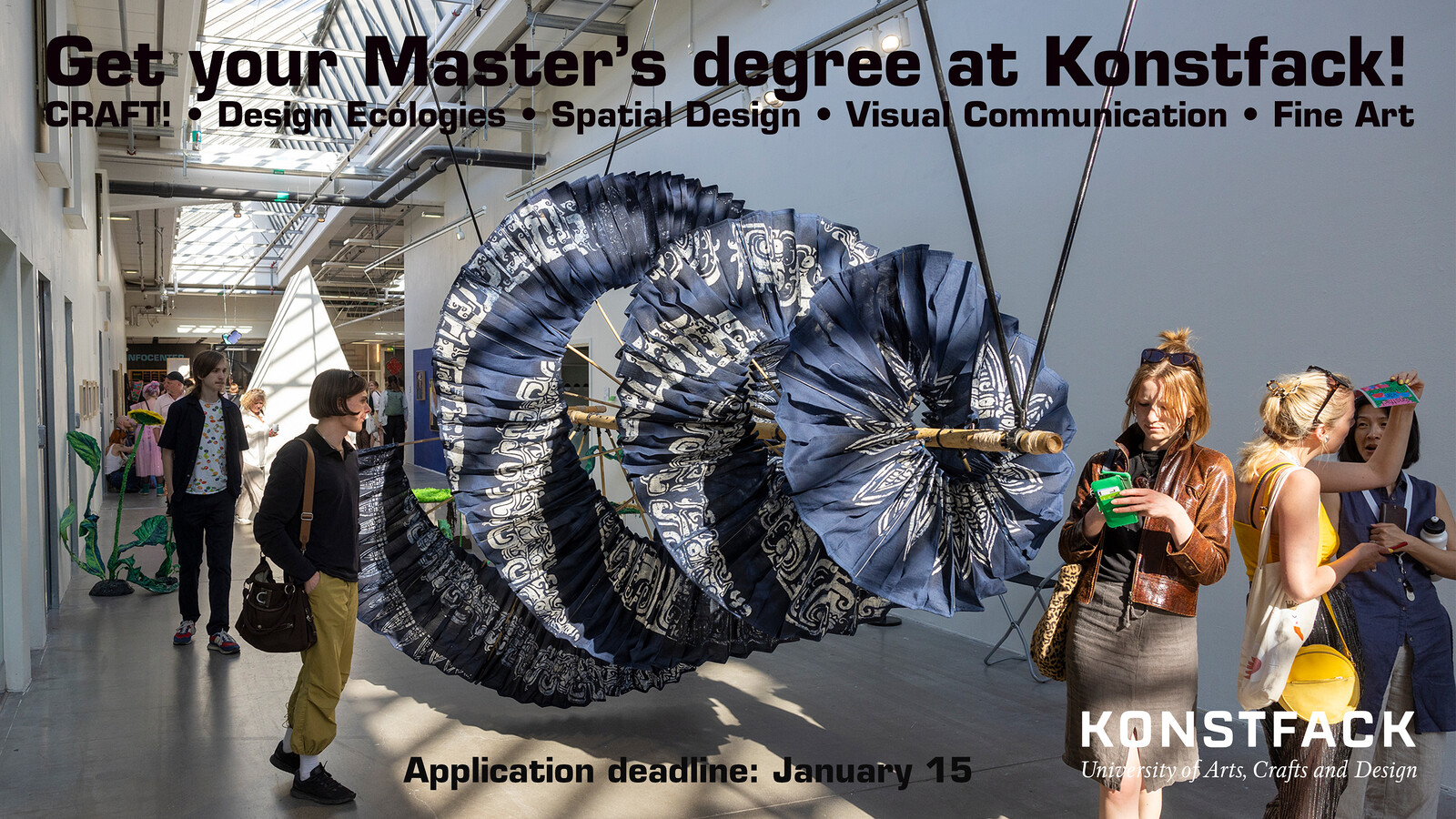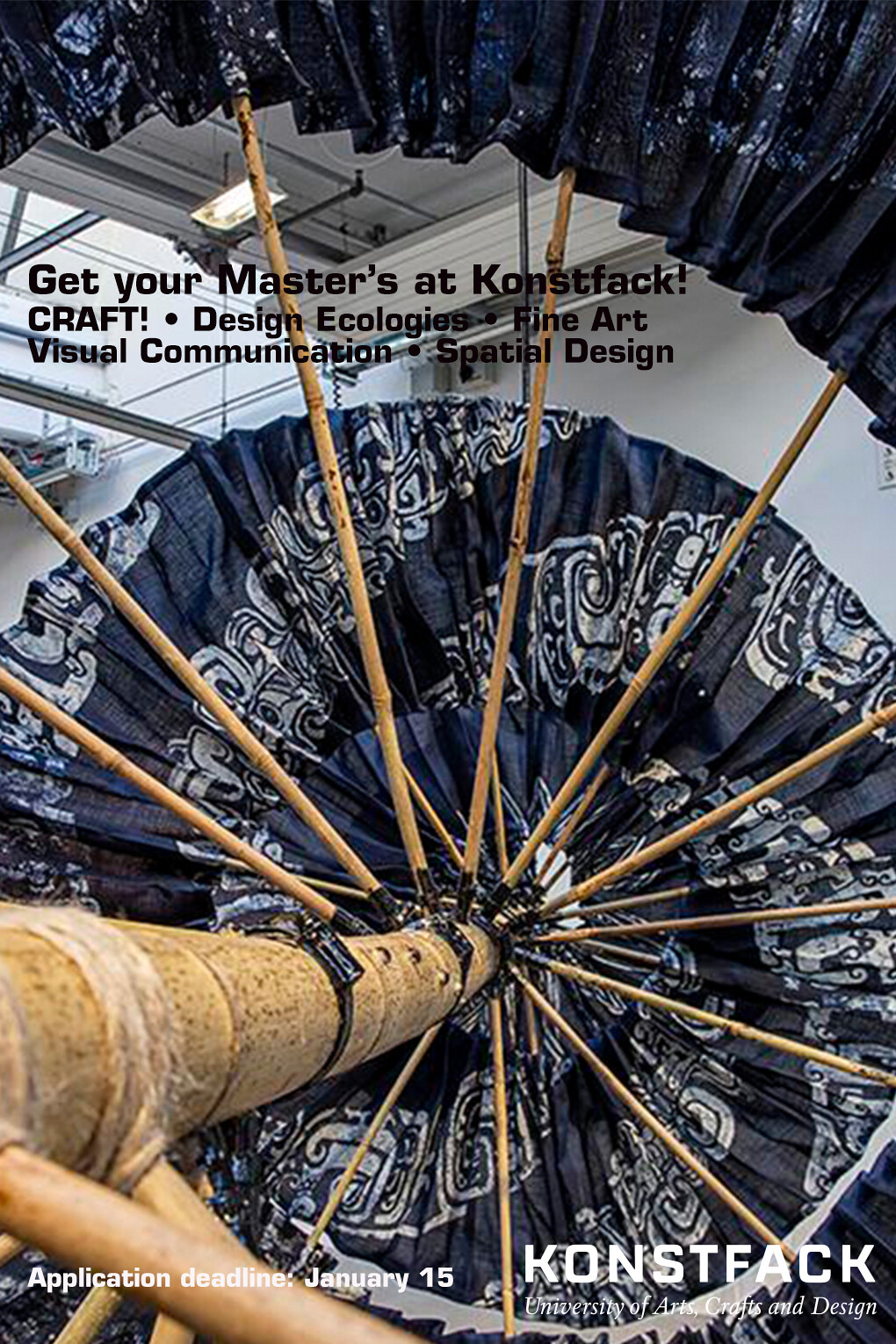Haegue Yang
Ornamento y abstracción
April 1, 2017–May 6, 2017
kurimanzutto
Gob. Rafael Rebollar 94
Col. San Miguel Chapultepec
11850 Mexico
Mexico
Hours: Tuesday–Thursday 11am–6pm,
Friday–Saturday 11am–4pm
T +52 55 5256 2408
kurimanzutto is pleased to present Ornament and Abstraction, Haegue Yang’s first solo exhibition at the gallery and her first in Latin America. Yang explores the language of visual abstraction through the affective power of materials. Her practice illustrates the infinite complexity of putting together mere things, and in the process causing devastating creative disruption. Yang’s work does not reject narrative or language; rather it exploits the associative and sensorial overtones of certain objects, that can be read and interpreted, both perceived and imagined. Through murals, sculptures and installations the artist tells a story, but one that is implied as a possible interpretation of forms that do not actively depend on it.
Yang suggests a shared methodology that informs both ornamentation and the western canon of abstraction. Her understanding of repetition embraces these seemingly opposing fields; they are in dialogue and inform one another, sharing a mesmerizing, almost spiritual impulse toward mechanic expansion. The common ground of folk craftsmanship and industrial fabrication often associated with minimalism becomes evident in her work and furthermore in the title of this show. Referencing the book and exhibition title, Ornament and Abstraction (Yale University Press, 2001), which is again leaning on a critical reading of modernist architect Adolf Loos’ essay Ornament and Crime (1910), Yang vindicates the decorative in art.
The works in the exhibition provide an overview of Yang’s recent development across various mediums. Arranged in different subgroups, each section explores different aspects of this expansive installation through a wide range of tactics. The artist destabilizes the distinction between the modern and pre-modern materials by combining synthetic straw, artificial plants, Indian vintage bells, plastic twine, turbine vents, casters and steel frames. These elements give life to The Intermediates (since 2015), a sculptural group with anthropomorphic features that inhabits the gallery space.
Found at the center of the gallery, Sol LeWitt Upside Down – K123456, Expanded 1078 Times, Doubled and Mirrored (2015) appropriates and transforms the modular sequence of accumulated cubes that became artist Sol Lewitt’s trademark in the 1960s. Consisting of twin volumetric shapes, the piece expands and mirrors his iconic minimalist structures with Venetian blinds, echoing ornamental designs through its steady repetition of horizontal lines and its hypnotizing depth and density.
Two corners of the gallery space are covered with examples from the ongoing paper collage series Trustworthies (since 2010), which are interconnected by geometric vinyl arrangements. Each work incorporates her own graph paper, as developed in the Grid Bloc series (since 2000) and the covert patterns hidden inside the internal body of envelopes. The ordinarily unseen is inverted and constructed to form kaleidoscopic shapes and complex grid- and angle-oriented compositions. Yang’s eclectic practice is in constant evolution, perpetually rearranging and articulating space in various ways. The artist complements the installation with sensory experiences that include a variety of scents and the theatrical use of light and shadow.
Minerva Cuevas: Paro general
April 1–May 31, 2017
Sonora 128
Av. Sonora 128
Col. Condesa
06700 Mexico
kurimanuztto is pleased to announce the participation of Minerva Cuevas (b. 1975, Mexico City) in the fifth edition of Sonora 128, a billboard exhibition space in the heart of Mexico City, which aims to instigate conversation with a broad audience. Created specifically for Sonora 128, Paro general (2017) seeks to go beyond the advertising dimension of the billboard as a public exhibition device; the work subverts the commercial ends of the display in order to communicate a disquieting message. Transformed into a symbol of the worker’s movement, the billboard presents a red and black flag connected to the worker’s rights and to the strike. On this sign of rebellion, Cuevas writes a phrase by the American writer and political theorist Murray Bookchin, “If we do not do the impossible, we shall be faced with the unthinkable.” Taken form his book The Ecology of Freedom (1982), this quote is both a very specific reference and an open source of interpretations, which expand to include political action, the urgency of the ecological and social crisis we are faced with today, as well as more personal reading.
For additional information, please contact: Julia Villaseñor, julia [at] kurimanzutto.com / T +52 55 5256 2408


